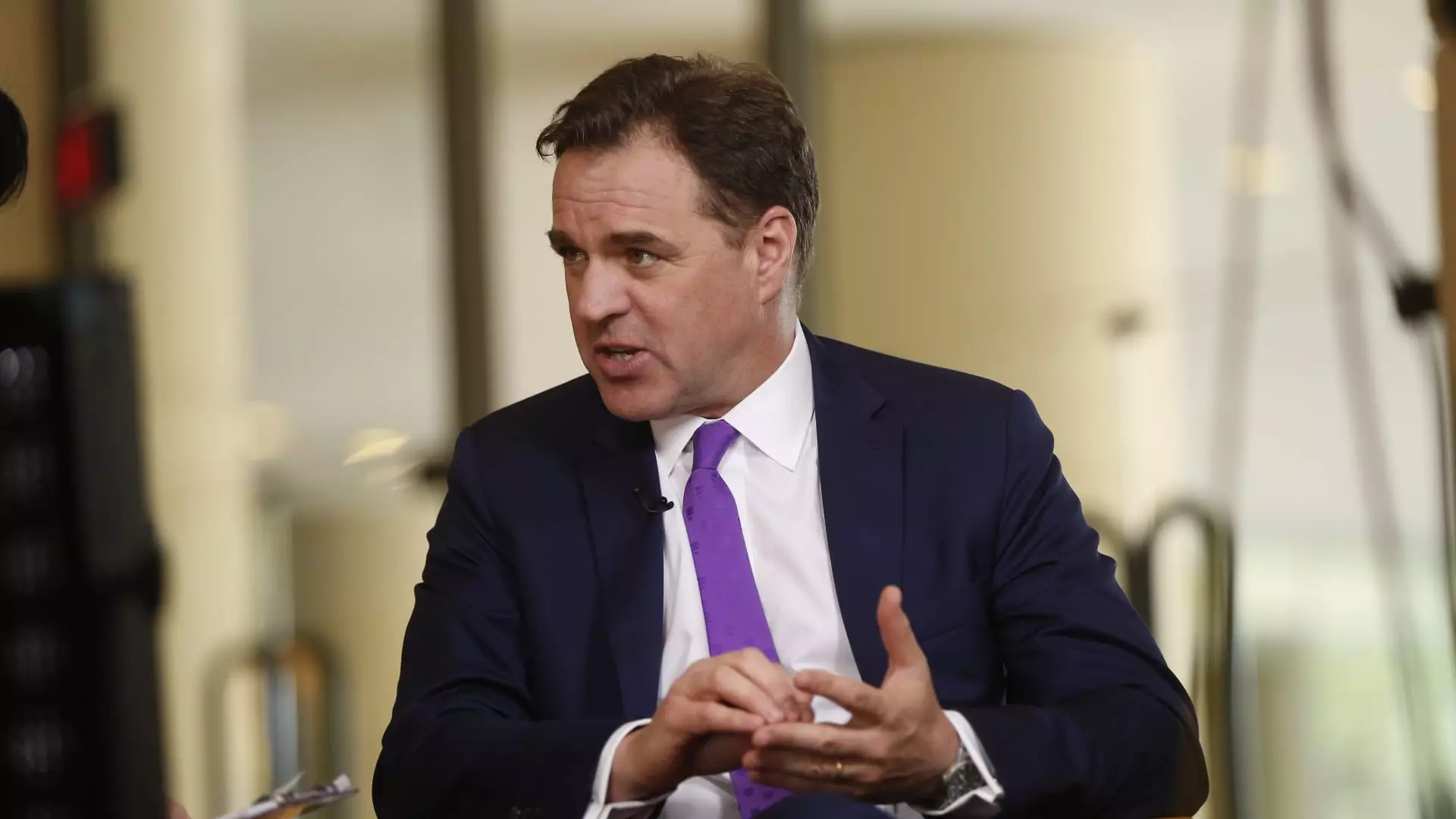It has been suggested by historian Niall Ferguson that the claims of former U.S. President Donald Trump posing a threat to democracy in the country have been weakened by the events of his first term in office. Ferguson argued that the notion of Trump becoming a tyrant and establishing American fascism, which were widely circulated in 2016, were proven wrong by the outcome of his presidency. However, he highlighted a critical aspect of Trump’s behavior that severely undermined his political career – his actions on January 6, 2021, where he attempted to overturn the outcome of the 2020 election by inciting a riot at the U.S. Capitol.
The System Contained Trump’s Impulses
Despite Trump’s efforts to challenge the election process and his misconduct following the 2020 election, Ferguson noted that the system successfully contained Trump’s impulses during that time. He expressed confidence in the system’s ability to do so again if Trump were to be elected for a non-consecutive second term as president, drawing parallels to former president Grover Cleveland. Ferguson emphasized that the experience of a Trump presidency has made the Democrat claims of him threatening democracy less convincing to ordinary U.S. voters.
Looking ahead to the future political landscape, Ferguson predicted challenges for Democratic presidential nominee Kamala Harris due to her association with President Joe Biden’s administration. While the U.S. economy has exhibited strong growth, Harris may face voter dissatisfaction over rising inflation rates and increased legal and illegal immigration levels. Ferguson highlighted the differences between Trump and Harris in their policy proposals on taxation and regulation, particularly focusing on their approaches to long-term capital gains taxes.
In terms of economic consequences from the upcoming election, Ferguson raised concerns about the massive fiscal problem that the next president would inherit. He outlined contrasting strategies between Trump and Harris, with Trump leaning towards raising the growth rate to address the deficit, while Harris suggested raising taxes, especially on high-income households. The debate surrounding the optimal approach to managing the fiscal challenges facing the U.S. remains a contentious issue.
As the U.S. prepares for a critical election with significant economic implications, the choice between different policy approaches remains a central point of contention. While Trump’s focus on growth as a solution to fiscal challenges contrasts with Harris’ emphasis on tax increases, the ultimate decision lies in the hands of the voters. The effectiveness of the chosen economic strategy by the incoming president will shape the future direction of the country’s economy and its impact on democracy.


Leave a Reply